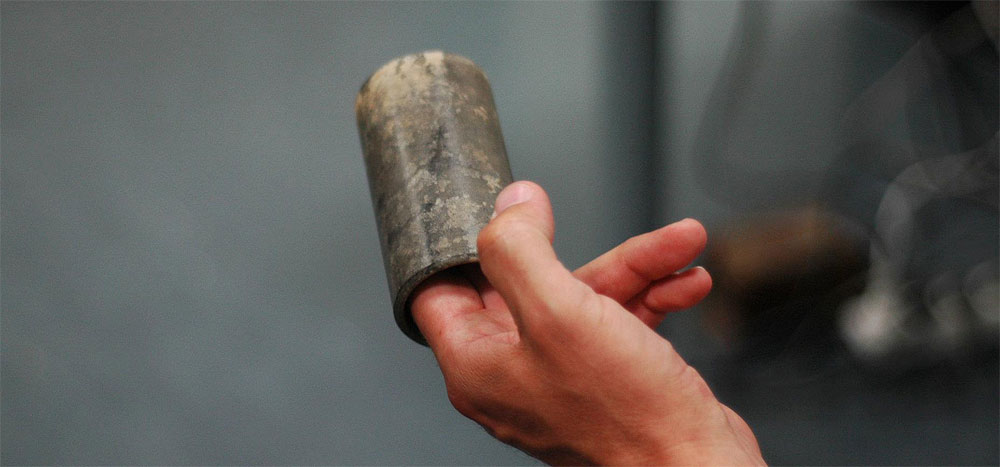The Cylinders

Henebry’s archiving impulse was part of a much wider international movement of archivisation at the beginning of the twentieth century which developed in tandem with the advancement of recording technology in the commercial sphere.
 Sound archives were developed from 1899 onwards in Europe (see Ziegler, 2012). Of particular importance was the Berlin Phonogramm-Archiv, established by Carl Stumpf (1848-1946) and directed by Eric Von Hornbostel (1877-1935), the father of Comparative Musicology.
Sound archives were developed from 1899 onwards in Europe (see Ziegler, 2012). Of particular importance was the Berlin Phonogramm-Archiv, established by Carl Stumpf (1848-1946) and directed by Eric Von Hornbostel (1877-1935), the father of Comparative Musicology.
Henebry was keenly aware of Hornbostel’s work at the Berlin Phonogramm-Archiv, and his theories of musical development, which Henebry contested in his 1903 and 1928 publications. However, the basic premise of recording and archiving was something which Henebry believed was essential to the preservation and future transmission of Irish traditional music. He wrote, ‘An Irish tune, then, may be learned, either from the mouth or instrument of one who has it, or from the phonograph, and positively there is no other means’ (1928: 66). Henebry sent fourteen of his own field recordings to the archive in Berlin, seeing it as an opportunity to contribute to the fledgling archive of world music which was being established there.
The Henebry/O’Neill collection comprises of 114 cylinders: 84 containing field recordings made by Henebry himself in County Waterford, beginning in 1905 (Stokes 1933), and 30 cylinders which were sent to Henebry by Francis O’Neill, in 1907. Henebry envisaged an archive of Irish traditional music in UCC, and later, as part of promoting that archive, he held a lecture in St. Antony’s Hall, in December 1912.

After their initial deposition by Henebry in 1911, the cylinders languished, unheard and undiscovered in the various basement incarnations of the main library in University College Cork for many decades. Efforts to convert the cylinders into an accessible format have been ongoing since the 1980s. Professor Mícheál Ó Súilleabháin (Irish World Academy of Music, University of Limerick), then lecturer in music at UCC, was first made aware of the cylinders by Professor Aloys Fleischmann (1910-1992). Ó Súilleabháin recalls that Fleischmann’s father (also Aloys, 1880-1964) knew Henebry, as they had been contemporaries in Cork (interview with Ó Súilleabháin, 27 September 2011). Recognising the importance of the recordings, and encouraged by colleagues in the International Folk Music Council, Ó Súilleabháin contracted the British Institute of Recorded Sound to transfer the cylinder contents onto tape in 1982-83. The tapes and accompanying catalogue produced in the process have provided valuable reference points for the current Henebry/O’Neill Wax Cylinder Digitisation Project.